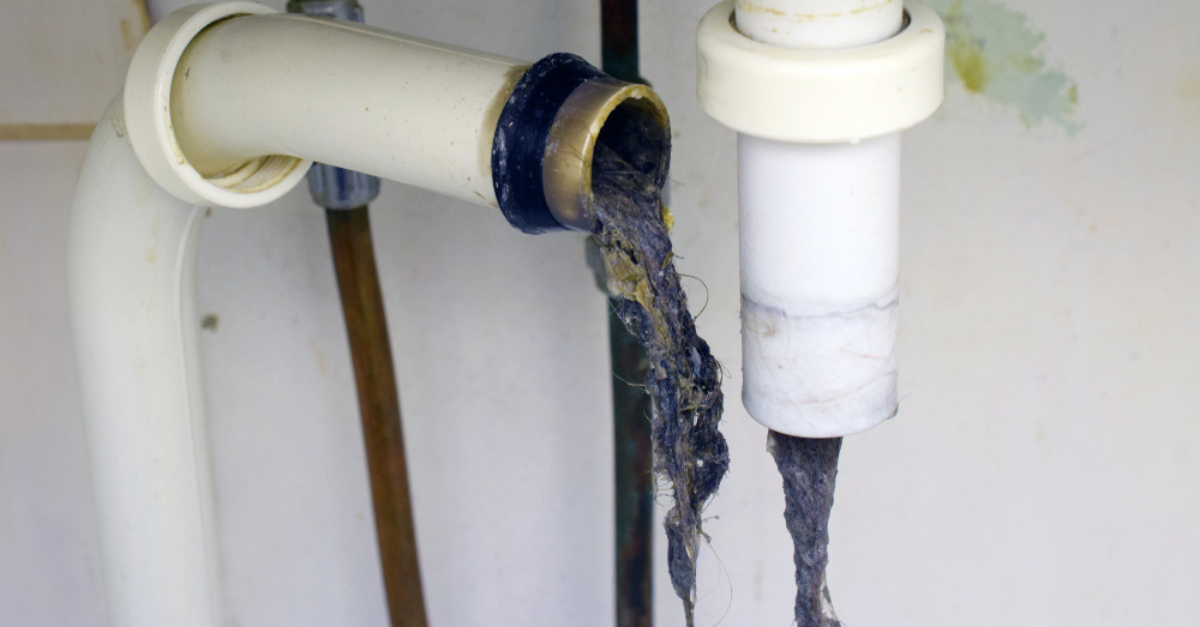A Comprehensive Examination of the Whistleblower Protection Act
In the intricate web of law and government, certain policies stand as bulwarks of democracy. One such policy is the Whistleblower Protection Act. This article delves into the historical context, legal developments, and societal implications of this crucial legislation.

Historical Context of the Whistleblower Protection Act
The Whistleblower Protection Act was enacted in 1989, offering federal employees protections when disclosing information exposing government wrongdoing. Prior to its enactment, whistleblowers faced retaliation, including termination, suspension, and other forms of punitive actions, thereby discouraging the exposure of misconduct.
Key Legal Developments
Over the years, the Whistleblower Protection Act has undergone significant changes to broaden its scope and strengthen its protections. A pivotal amendment was the Whistleblower Protection Enhancement Act of 2012, which expanded protections to intelligence agencies’ employees and clarified that whistleblowers could disclose evidence of wrongdoing not just to their supervisors but also to Congress.
Current Legal Updates and Relevance
The Whistleblower Protection Act remains a hot topic in legal and governmental discourse, particularly in the context of increased transparency and accountability in government operations. Recent discussions have centered on the need to further enhance the Act’s protections, highlighting the ongoing relevance of this legislation.
Implications and Impact on Society
The Whistleblower Protection Act has far-reaching implications for society. It fosters a culture of transparency and accountability in government, encouraging individuals to come forward with information about misconduct without fear of reprisal. This, in turn, helps to maintain public trust in our government institutions.
Analyzing Legal Facts and Research
Research affirms the importance of the Whistleblower Protection Act in promoting government accountability. However, it also underscores the need for ongoing legislative efforts to further strengthen protections and ensure that all potential whistleblowers, regardless of their position or the nature of the wrongdoing they expose, are afforded the protections they need.
In conclusion, the Whistleblower Protection Act serves as a crucial safeguard for democracy, fostering transparency and accountability in government. It is an evolving legislation that requires continuous attention and enhancement to effectively protect those who expose government wrongdoing and uphold public trust in our institutions.




